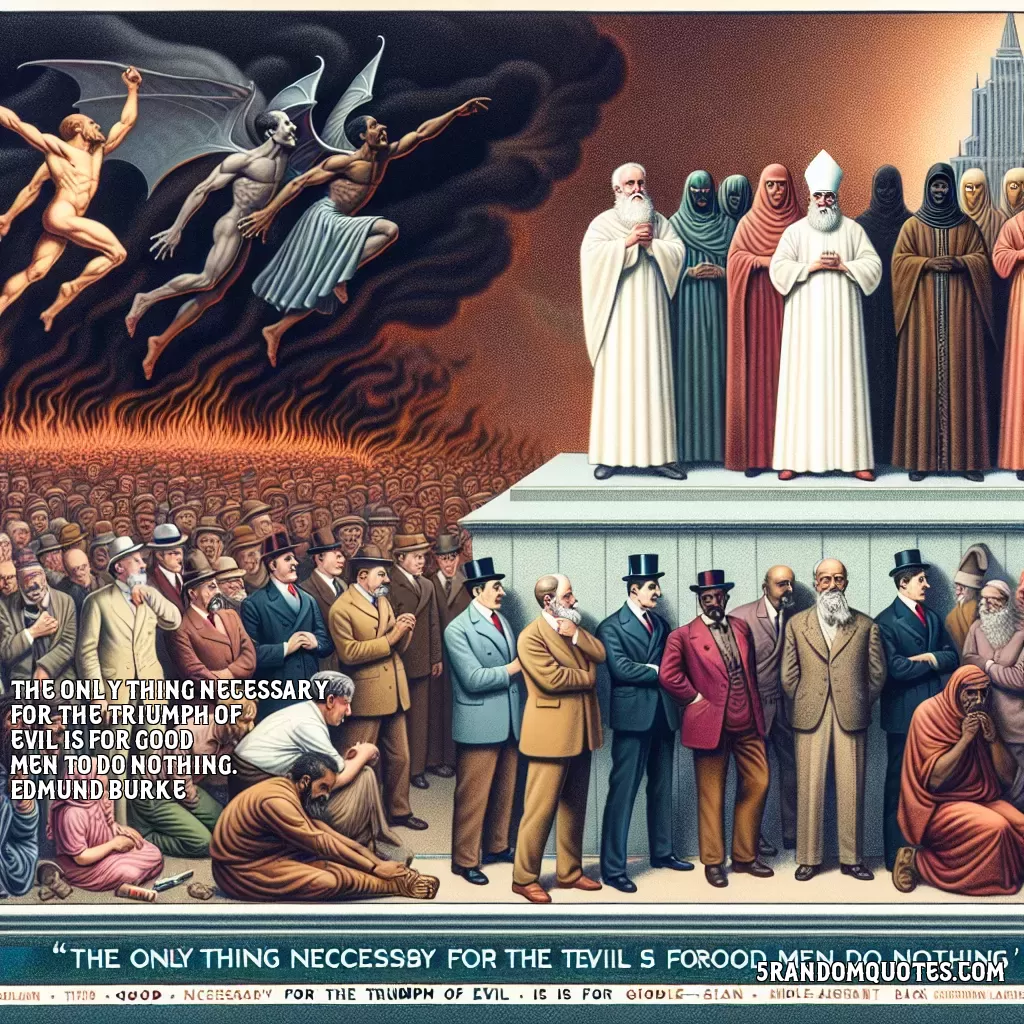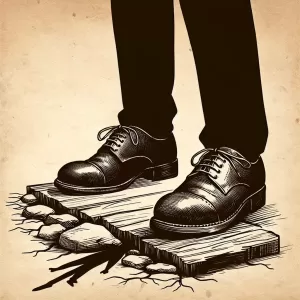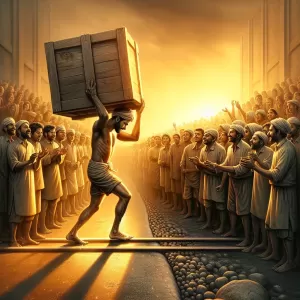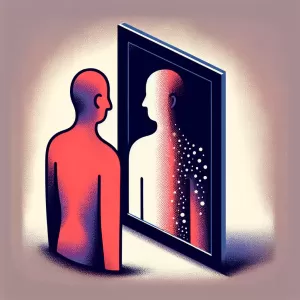
The only thing necessary for the triumph of evil is for good men to do nothing. Edmund Burke
Author: Edmund Burke
👁️ 18 views

The only thing necessary for the triumph of evil is for good men to do nothing. Edmund Burke
👁️ 18 views
This quote by Edmund Burke emphasizes the idea that inaction in the face of wrongdoing can lead to the success of malevolent forces. It suggests that when individuals who are capable of making a positive difference—referred to as "good men"—choose not to intervene or take a stand against evil, they inadvertently allow it to prevail. The quote serves as a powerful reminder of the moral responsibility individuals hold to speak out and act against injustice, fostering a society where good must actively oppose evil to prevent its triumph.
Quote By: Edmund Burke

Be sure you put your feet in the right place, then stand firm. – Abraham Lincoln
👁️ 78 views
Author:
Abraham Lincoln
#quotes about life

The more you take on, the more they will load onto you. </ br>
If you once ca...
👁️ 71 views
Author:
Nikki Giovanni
#quotes about life

Nearly all men can stand adversity, but if you want to test a man’s character...
👁️ 65 views
Author:
Abraham Lincoln
#quotes about life

You have complete freedom to change your mind and choose a different past and...
👁️ 63 views
Author:
David Eagleman
#quotes about life

You should not get married, but to understand that, you must first get marrie...
👁️ 63 views
Author:
Anthony Hopkins
#quotes about life

The true hypocrite is the one who ceases to perceive his deception.
👁️ 63 views
Author:
André Gide
#quotes about life

The most terrible lie is the one we convince ourselves of.
👁️ 61 views
Author:
Michelle Hodkin
#quotes about life

A decision made against the heart may be wrong.
👁️ 60 views
Author:
Rita Mae Brown
#quotes about life
Edmund Burke (1729–1797) was an Anglo-Irish statesman, philosopher, and political theorist, best known for his criticism of the French Revolution and his advocacy for conservative principles. A member of the British Parliament for over 30 years, Burke's major works, including "Reflections on the Revolution in France," emphasized the importance of tradition, social order, and gradual reform over radical change. His ideas laid the groundwork for modern conservatism and influenced political thought well beyond his time.
Bio added on: 2025-02-17 08:08:17